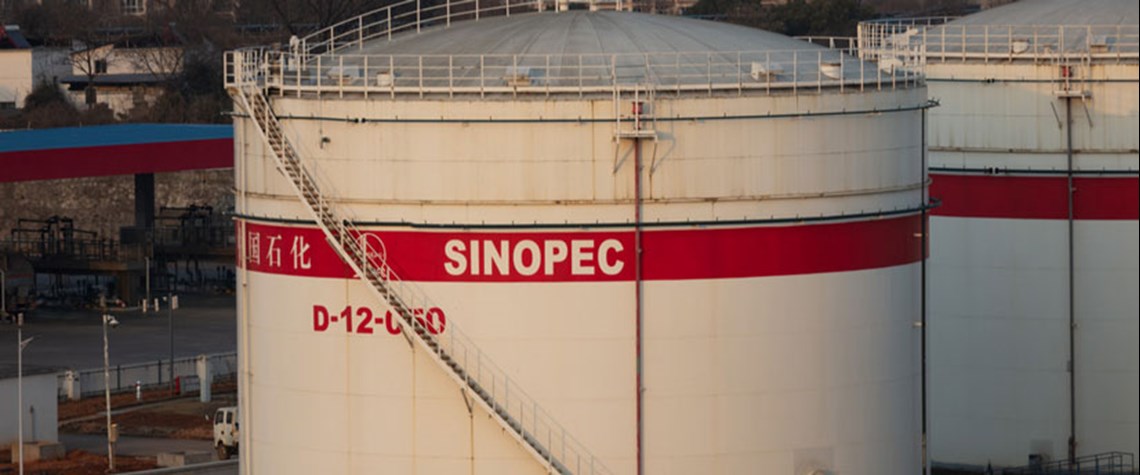China’s independent refiners reel from tax blow
Preferred feedstocks are now subject to levies, as establishment refiners use political clout to bite back
China’s independent refiners have been a staple of Asia’s trading scene ever since Beijing liberalised crude imports in 2015. Having built their reputations in the mid-late 2000s as important sources of marginal supply—state-controlled refiners having failed to keep up with domestic product demand—China’s independents have grown in complexity, sophistication and profitability. But a new consumption tax is now targeting light cycle oil (LCO), mixed aromatics and diluted bitumen, all feedstocks used by the independents. What are the implications for trade flows? New force Erroneously called ‘teapots’ by some, China’s independents have built sophisticated trading arms over the years, emerging a

Also in this section
27 February 2026
LNG would serve as a backup supply source as domestic gas declines and the country’s energy system comes under stress during periods of low hydropower output and high energy demand
27 February 2026
The assumption that oil markets will re-route and work around sanctions is being tested, and it is the physical infrastructure that is acting as the constraint
27 February 2026
The 25th WPC Energy Congress to take place in tandem as part of a coordinated week of high-level ministerial, institutional and industry engagements
27 February 2026
The deepwater sector must be brave by fast-tracking projects and making progress to seize huge offshore opportunities and not become bogged down by capacity constraints and consolidation







